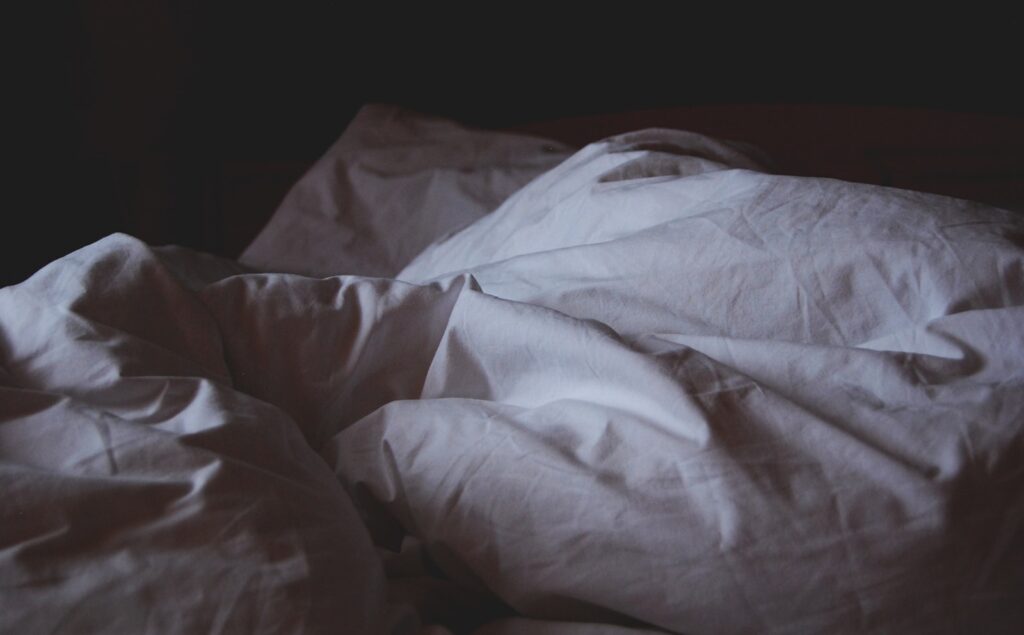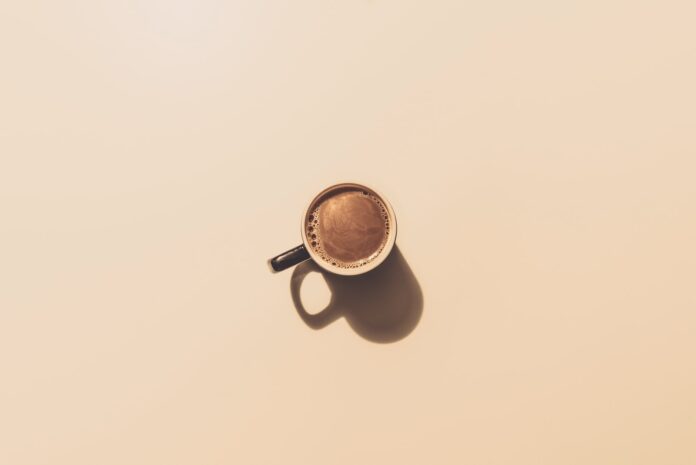Coffee is probably the first thing you indulge in every morning. This is an integral part of the morning ritual for many people, but there are times when you should forgive a cup of your favorite fluids. When is it appropriate to limit coffee drinking?
Each of us likes to enjoy a cup of good coffee. Some people need a regular dose of caffeine to manage the whole working day, others like to enjoy the taste of freshly ground coffee during the afternoon rest. Coffee has many benefits: it provides energy and increases productivity, reduces fatigue, and helps reduce stress.
Even a small cup can kick, and if you don’t improve it with sugar and cream, it’s even dietary. According to some studies, caffeine is beneficial to the body: it reduces the risk of heart attack, diabetes, and other diseases.
However, excessive coffee drinking causes caffeine tolerance. In other words, the more you drink it, the more you will need it next time. There are other negatives on the list: excessive coffee drinking causes headaches, irritability or nervousness.
Coffee before breakfast? Better after
Do you regularly enjoy a cup of coffee every morning right after waking up? Whether you’re heading to work or you’re at home, drinking morning coffee becomes a ritual. But you may be surprised that this habit is not so beneficial for the body. If you want to get the maximum effect from coffee, it is better to bite something first.
During the morning, there is an increase in the level of cortisol in the blood, which is nicknamed the stress hormone. Drinking coffee on an empty stomach can cause excessive stress. According to scientific research, it is better to consume coffee at lower cortisol levels.
Drinking coffee regularly on an empty stomach can cause more fatigue in the long run.
Of course, it is not possible to determine unambiguously which path is the most suitable, because each body reacts differently. While one morning coffee kicks on an empty stomach, the other gets sick. Digestive problems and increased nervousness can also occur.
This is because coffee promotes the production of stomach acids, which can cause heartburn or stomach irritation and nausea. If you want to avoid these problems, try breakfast before coffee. Foods that reduce stomach acidity include wholemeal bread, eggs, oatmeal or banana. Thanks to the light and healthy breakfast, you will perfectly start your body and prepare it for the whole day.
When to limit coffee drinking
There are some cases where drinking coffee is not very appropriate or even undesirable. Pregnancy is the first thing that comes to mind, but that’s not the only reason.
In case of sleep problems
Caffeine disappears after 5-8 hours, so if you are considering having a small cup of coffee in the evening, you better think carefully about when you intend to go to bed. Coffee will wake up your body, and even if you feel tired, it will not allow you to fall asleep.
Also pay attention to coffee consumption in case of lack of sleep. This popular delicacy will not help you overcome your sleep deficit. If you have slept for less than 5 hours several days in a row, caffeine will stop working.
Therefore, whenever you have an unquenchable need for coffee in the evening, you should rather exchange it for herbal tea, or at least have a decaffeinated one.

When you are in mental discomfort
If you have long-term anxiety, reduce your coffee intake. Caffeine affects the entire nervous system and can cause worsening of anxiety and depression.
Excessive coffee drinking (more than 3 cups a day) has a negative effect on the psyche. May cause inattention or irritability.
Due to health condition
When drinking coffee, always keep in mind that although this drink has many benefits, it is also unhealthy. Especially if you improve it with sugar and whole milk or cream.
Also consider what kind of coffee you drink. Drinks prepared in some companies are a real calorie bomb. On the other hand, in many specialized cafes you will get a high quality and unique experience.
Caffeine increases the risk of diarrhea, so if you have irritable bowel syndrome, limit or avoid coffee drinking. But you can still enjoy decaffeinated coffee. It is just as delicious and does not cause indigestion.
Increased coffee consumption should also be avoided by people with heart disease or arrhythmias. Coffee increases the pressure, which is suitable if you have it low. However, in the case of heart disease, this is undesirable. Also beware of epilepsy. Drinking coffee increases the risk of seizures.
During menstruation
Because caffeine affects everyone differently, this point may not apply to you. However, experts agree that caffeine can worsen menstrual pain. It restricts the flow of blood in the blood vessels, which makes the pain stronger.
Menstruation can also be shorter and weaker, because coffee affects estrogen levels.
During pregnancy
Research agrees that a safe daily dose of caffeine is around 200 mg. But what does this mean in practice? Let’s just say that having a cup two a day won’t hurt your baby. If you can’t imagine 9 months without the taste of coffee, but you prefer to avoid caffeine, you can reach for the decaffeinated variant.
Don’t forget that caffeine isn’t just about coffee. It is also present in green or black tea, cola drinks, energy drinks, but also in dark chocolate. So be careful with caffeine.
Excessive coffee consumption can cause low birth weight and also increase the risk of miscarriage. It is important for breastfeeding women to replenish fluids regularly. Too much coffee can cause dehydration.
What is the ideal daily dose?
In the end, we can only tell you what the right amount of coffee you should indulge in each day. The daily dose of caffeine should not exceed 400 mg (in pregnancy it is half as much).
It is ideal to be around 300 mg of caffeine per day. Typically, coffee contains about 30-50 mg in espresso (30 ml), 65 mg in instant coffee (240 ml cup) and about 100 mg of caffeine in drip coffee (240 ml cup). Decaffeinated coffee also contains residual caffeine. Its amount is around 3-8 mg.
Wondering how much caffeine other drinks contain? A cup of green or black tea has about 40 mg of caffeine in a 220 ml cup (green tea may have a little less). On the contrary, you will not find any caffeine in fruit teas.







